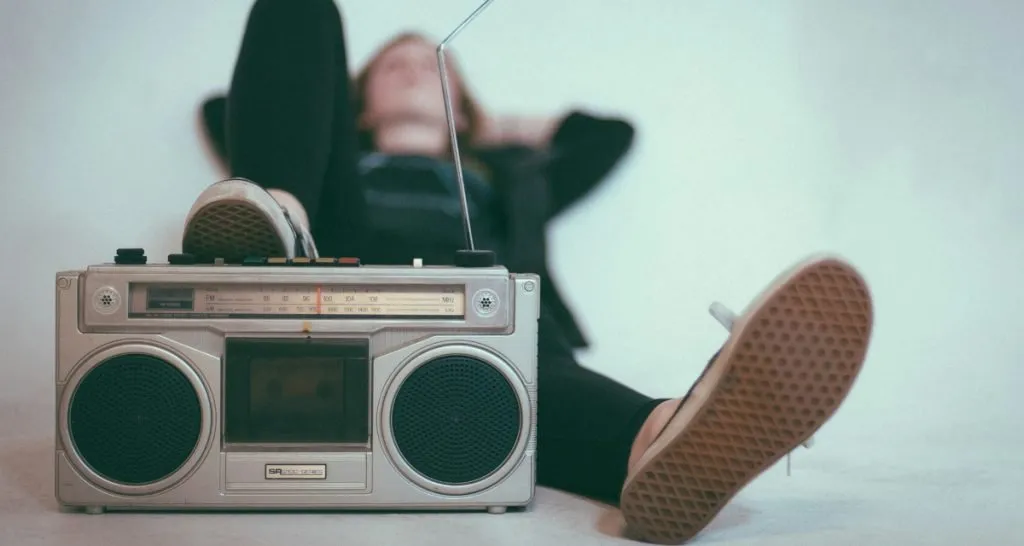The FCC is officially set ‘to examine’ radio payola in the form of free artist shows. Photo Credit: Eric Nopanen
Are radio stations pressuring artists to play free concerts in exchange for airtime? At least one federal lawmaker believes so, and the FCC is now investigating the comparatively little-discussed type of payola.
Senator Marsha Blackburn expressed concerns about the possibility in a late-January letter to FCC Chairman Brendan Carr. Paying for traditional radio spins and then failing to disclose the plays’ nature to listeners – i.e., payola – is illegal in the U.S.
(It’s a far different story for paid promotional options on streaming services; Spotify’s Discovery Mode, which pushes tracks in exchange for a reduced royalty rate on the resulting plays, has drawn particular criticism from the indie sector.)
But as described by Senator Blackburn, radio stations “have adopted a troubling new tactic” in an attempt “to sidestep these restrictions.”
“Instead of demanding cash or lavish perks from record labels in exchange for airplay,” the lawmaker wrote to the FCC chair, “they now pressure artists to perform ‘free radio shows’ – also referred to as ‘listener appreciation shows’ or ‘charitable concert events.’”
Interestingly, the senator revealed as well that the practice is directly affecting “essentially all artists,” regardless of career stage. “Artists in the industry have told me that it is not unusual for them to perform anywhere from 10 to 50 such shows in any given year. Those just starting out in their career will often perform more,” Senator Blackburn continued.
According to the follow-up Chairman Carr posted on X, we should have additional information sooner rather than later. The FCC head indicated that he’d instructed the agency’s Enforcement Bureau “to examine” the claims, with plans to provide a related update on X sometime “this week.”
On top of the FCC’s payola probe, legislative support is once again building for the American Music Fairness Act.
Senators and representatives (including Senator Blackburn) from both sides of the aisle reintroduced that years-old bill towards January’s end and kicked off February by publicly announcing as much.
And it’ll certainly be worth monitoring the legislation’s progress throughout 2025. In the U.S., unlike in most other nations, AM/FM radio broadcasters pay only for the use of underlying compositions, not recordings themselves.
That reality can be traced to traditional radio’s heyday as a hitmaker – days when labels and others, far from seeking pay for plays, commonly coughed up for spins. To reiterate two obvious points, though, a whole lot has changed since radio payola was the norm decades ago, and big radio has a clear-cut interest in preserving the present royalty system.
Thus far, broadcasters have done just that; the American Music Fairness Act has failed to pass in Congress, where many previously backed the opposing Local Radio Freedom Act.
The latter resolution simply called for lawmakers to abstain from compelling local radio stations to pay any new royalties, taxes, or performance fees. But time will tell whether the American Music Fairness Act can ride its current wave of bipartisan support to passage and then law.

